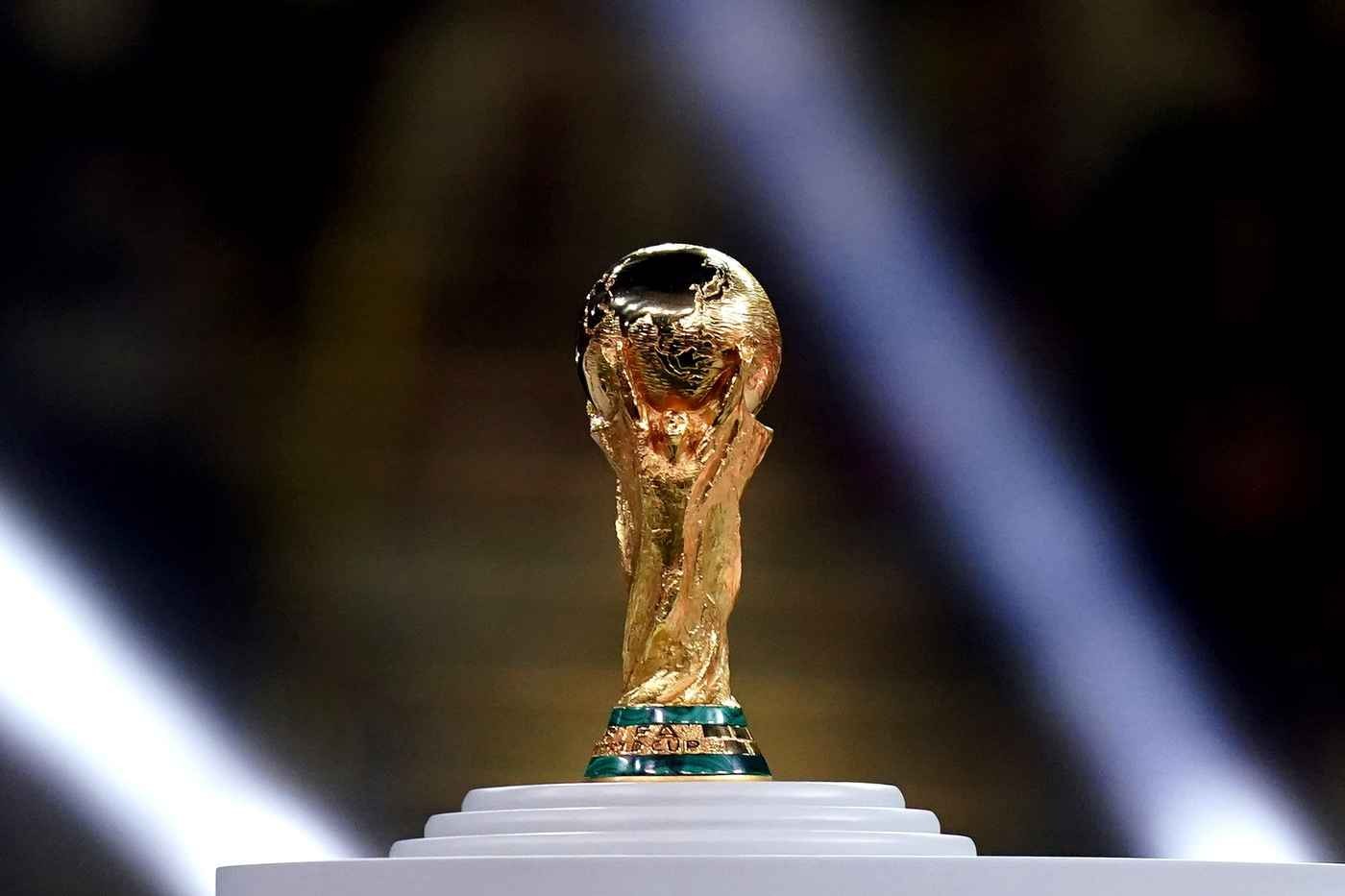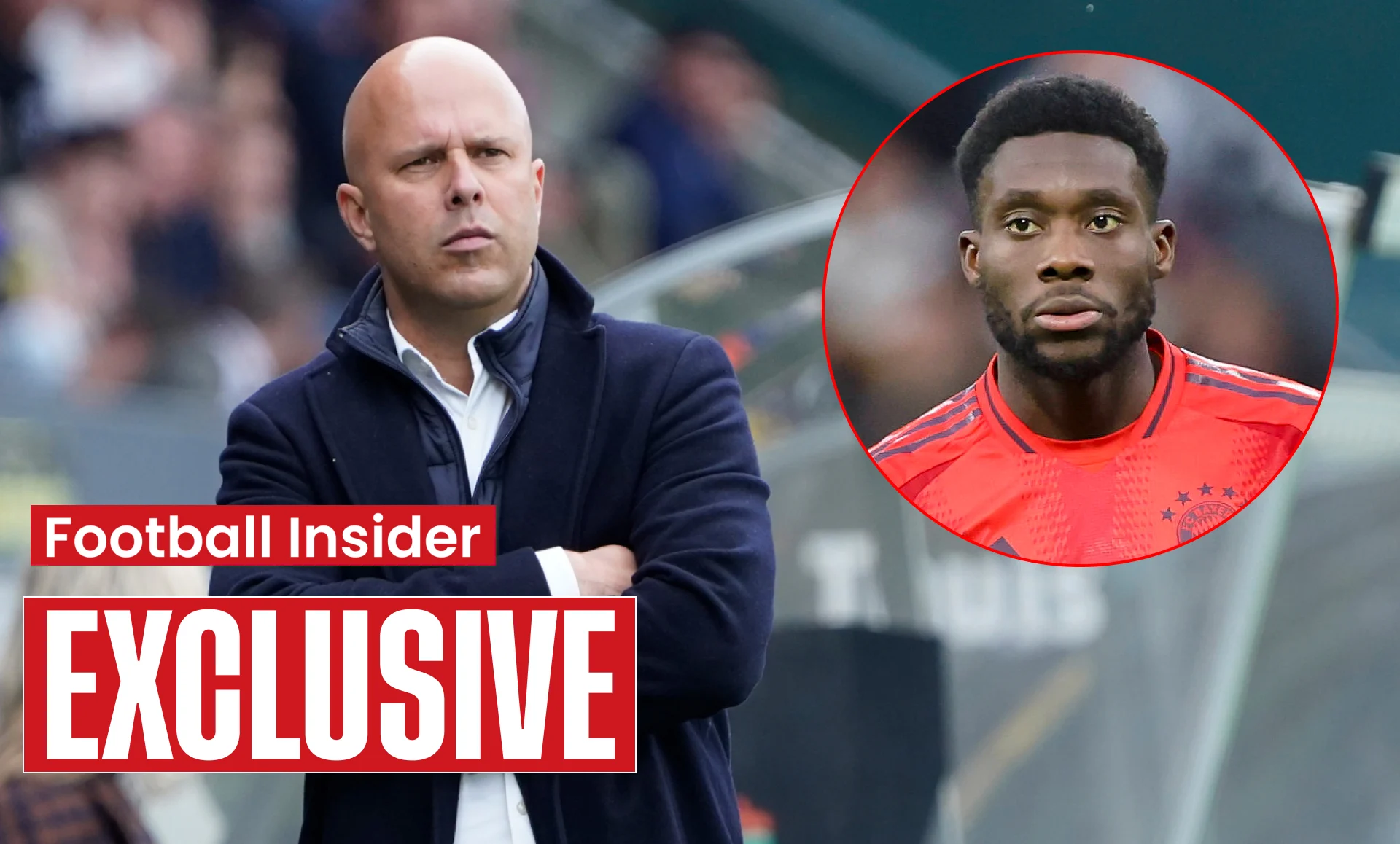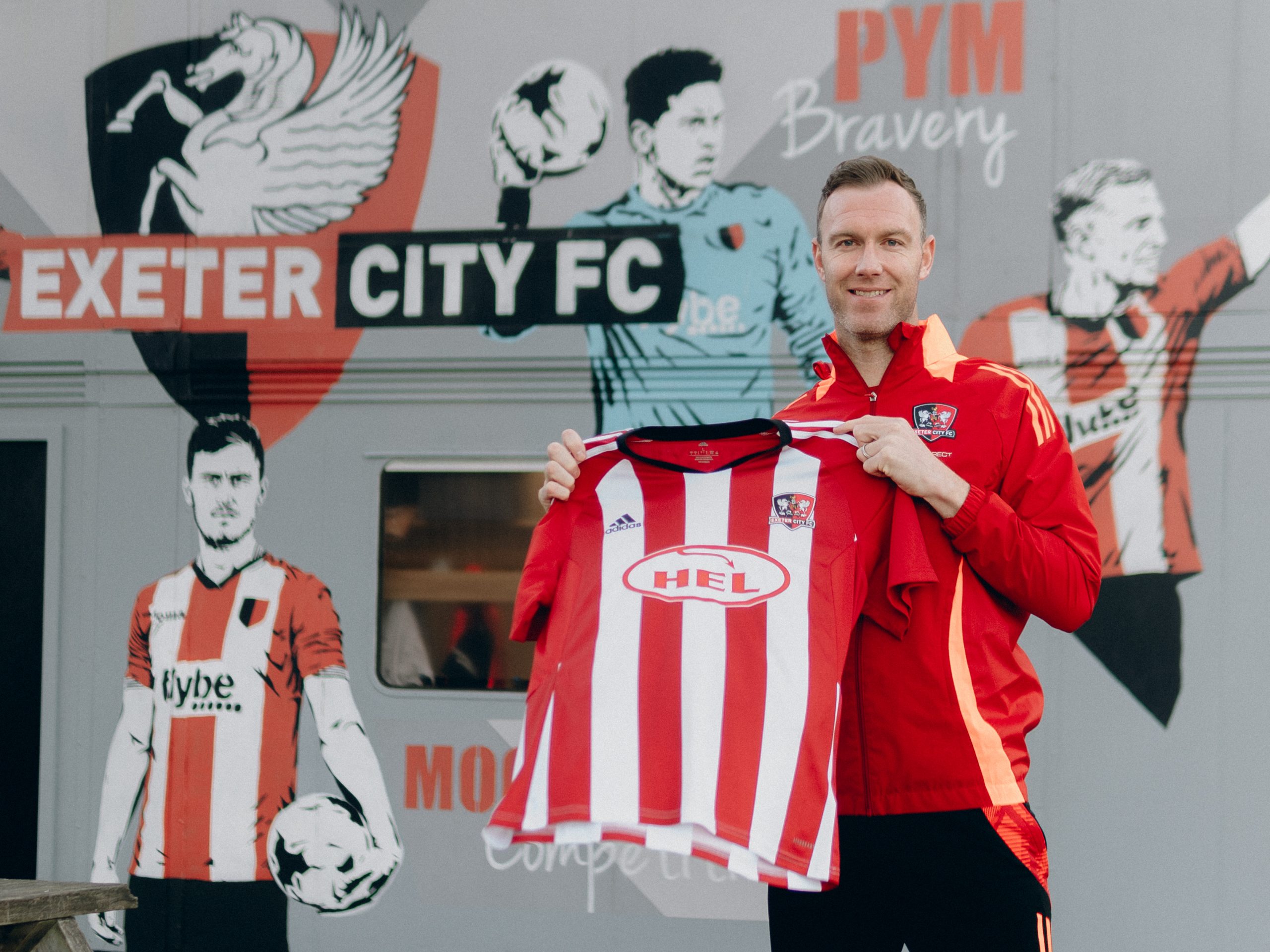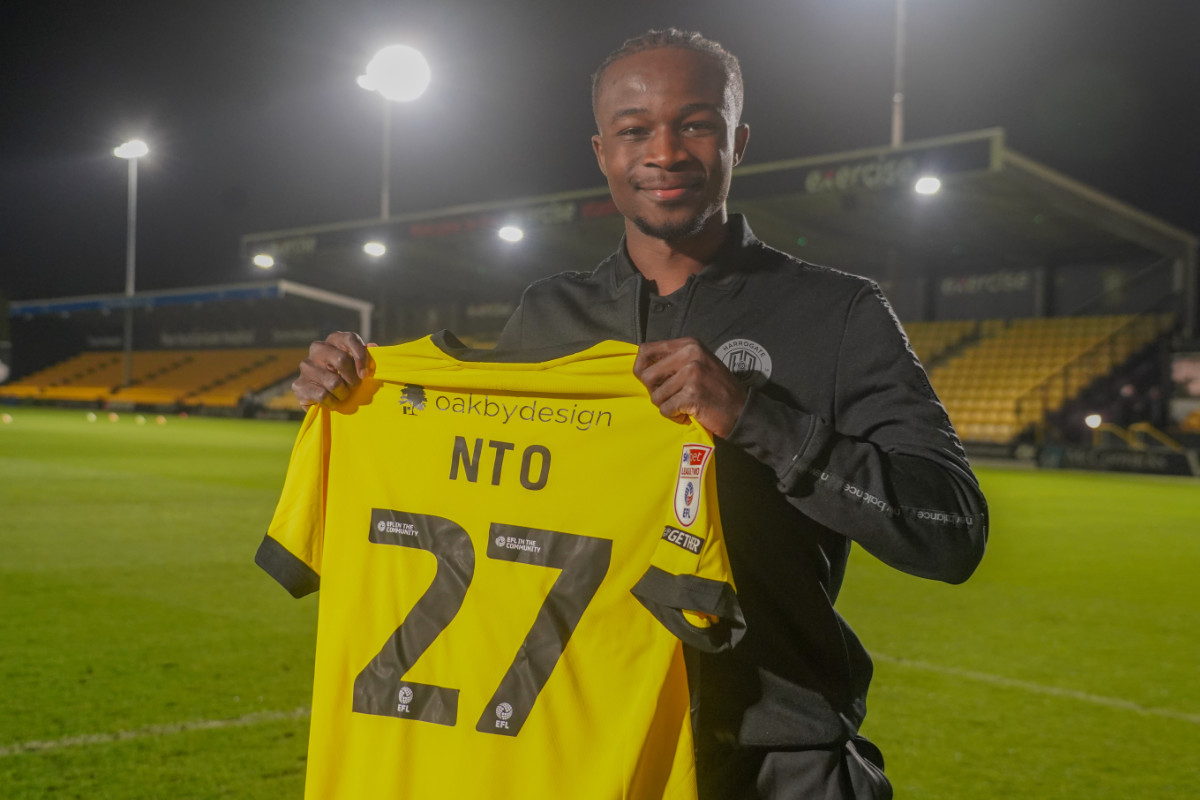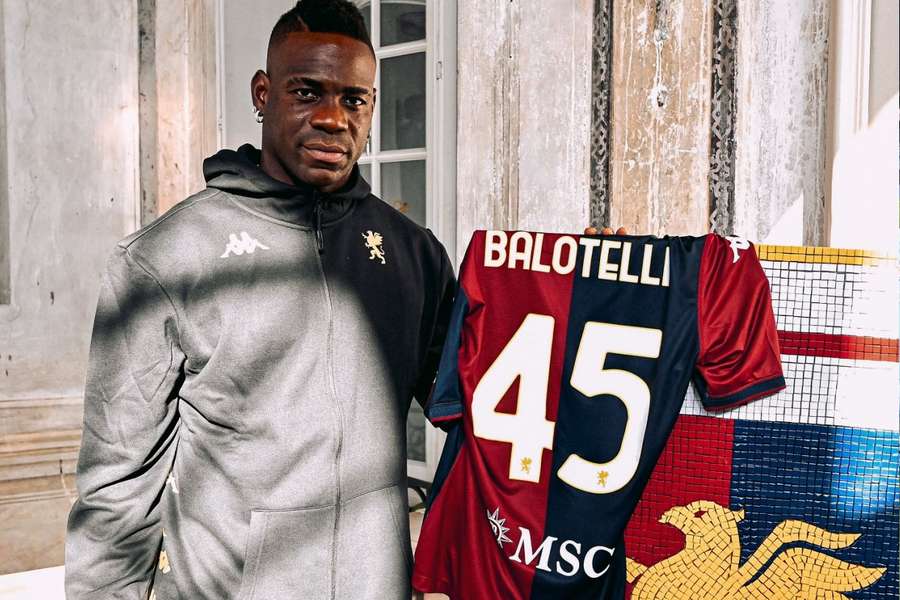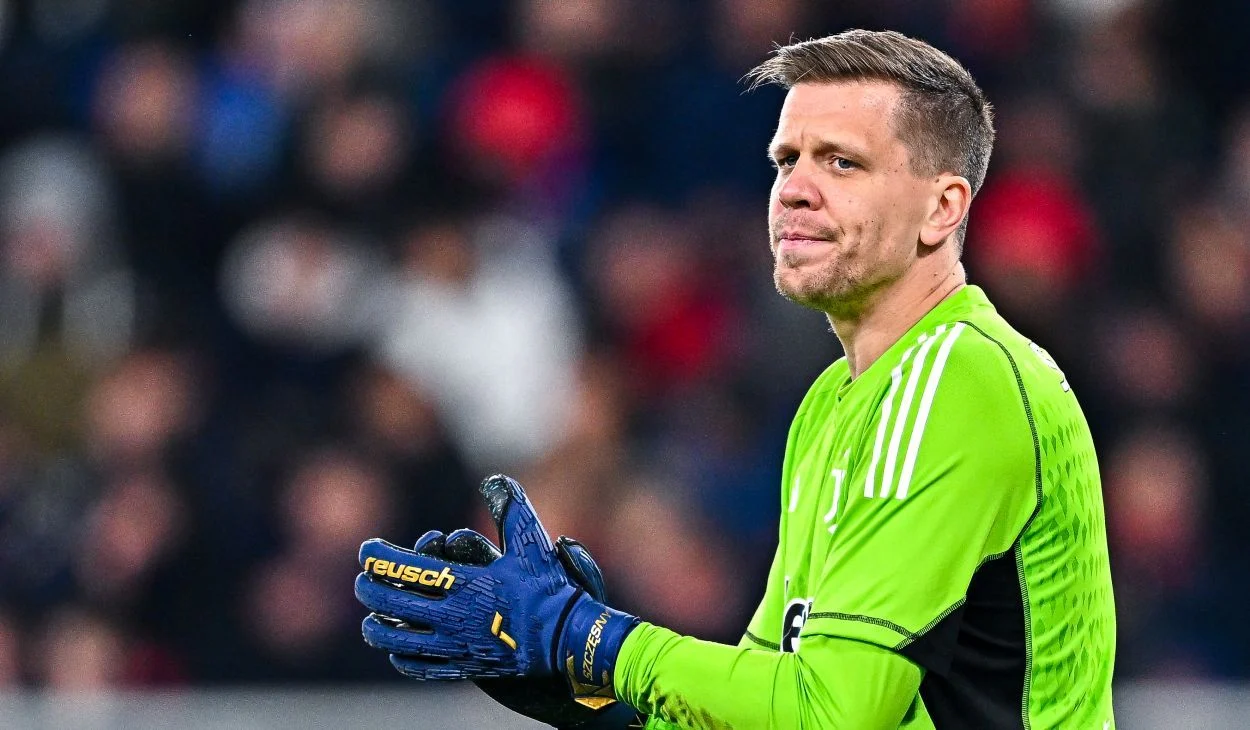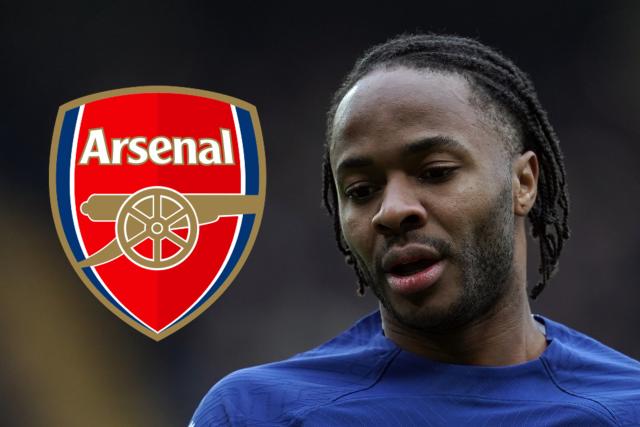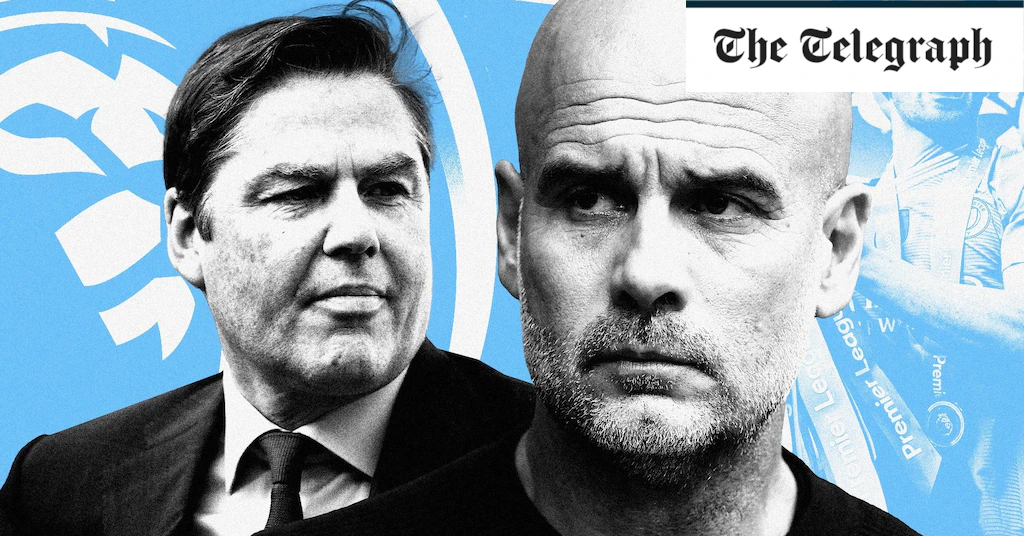
Manchester City’s Legal Battle with Premier League: Verdict Explained
The verdict has been delivered in Manchester City’s legal case against the Premier League concerning the league’s rules on commercial transactions involving clubs’ owners. The case revolved around Associated Party Transactions (APT) rules, which regulate the valuation of sponsorship deals involving companies linked to club owners.
Manchester City, owned by the Abu Dhabi-backed City Football Group, had some of their complaints upheld by a tribunal, with two aspects of the APT rules deemed unlawful. These include the exclusion of shareholder loans from the scope of APT rules and some amendments made by the Premier League in February, which should not be retained.
However, the Premier League emphasized that the tribunal rejected most of City’s challenges and endorsed the overall objectives and framework of the APT system, which is designed to ensure fair competition by preventing inflated sponsorship deals.
What Are APT Rules?
APT rules regulate commercial deals between football clubs and companies closely associated with their owners, ensuring that transactions are priced at fair market value (FMV). These rules aim to prevent clubs from gaining unfair financial advantages that could distort competition.
The rules were modified in December 2021, following Newcastle United’s Saudi-backed takeover, and further amended in February 2023 to shift the burden of proof to clubs to demonstrate that their transactions are at fair market value.
Key Points from the Verdict
1. Manchester City’s Victory: City succeeded in challenging the exclusion of shareholder loans from APT rules. The tribunal ruled that the Premier League had “abused its dominant position” by deliberately excluding shareholder loans and violating UK competition law. The Premier League is now required to amend these rules.
2. Premier League’s Victory: Despite City’s partial win, the Premier League pointed out that the majority of City’s challenges were unsuccessful. The tribunal upheld the necessity of APT rules, reaffirming that inflated prices in transactions could distort competition. It also dismissed City’s argument that the rules discriminated against clubs owned by Gulf-region entities.
3. Clubs Involved: Witnesses in support of Manchester City included Chelsea, Newcastle, and Everton. On the Premier League’s side, witnesses included Manchester United, Liverpool, Arsenal, Tottenham, Brighton, and West Ham. Several other clubs, such as Brentford and Wolves, supported the existing rules.
Next Steps
The Premier League plans to amend the two areas ruled unlawful, integrating shareholder loans into the APT framework and removing some of the February changes. They will work with clubs to enact these changes promptly.
However, City’s legal team may pursue further action to seek damages and prevent the Premier League from applying FMV assessments retrospectively on past transactions, which could have significant financial implications.
Implications for the Future
While both sides have claimed victory, the case raises concerns over future commercial deals involving clubs with wealthy owners. Weakening APT rules could lead to an increase in lucrative sponsorship agreements, potentially impacting competitive balance in the league.
This legal battle also comes amid City’s ongoing case with the Premier League over 115 charges of alleged financial breaches, a separate but equally significant issue that could reshape the financial regulations governing English football.



